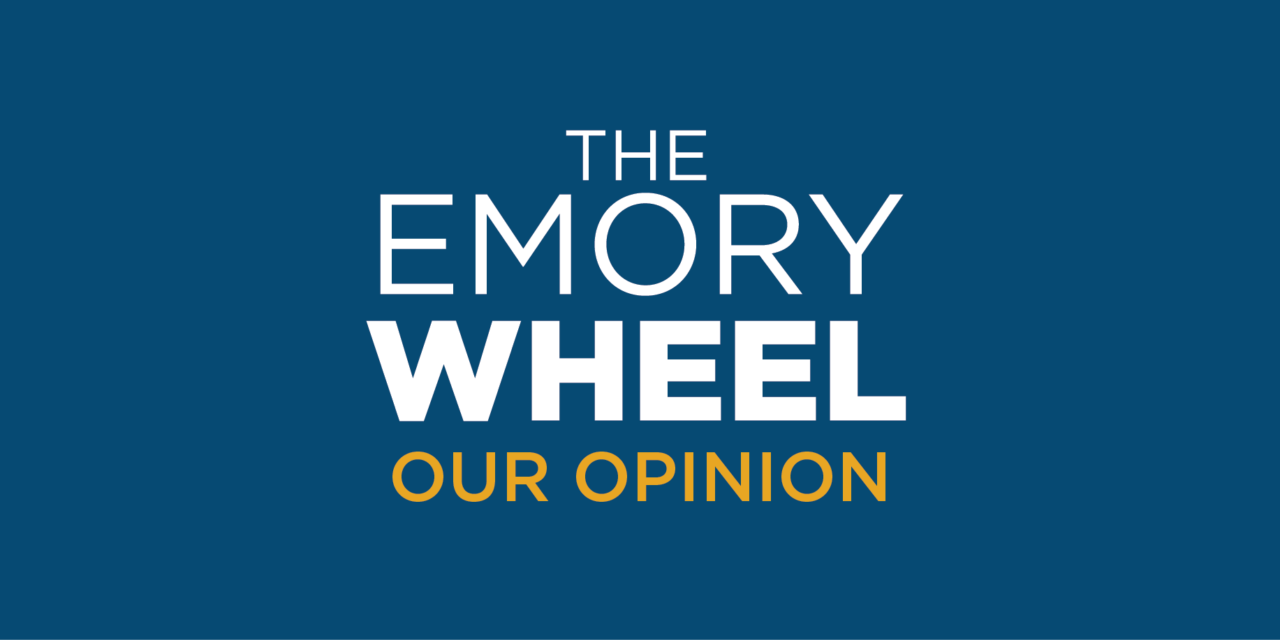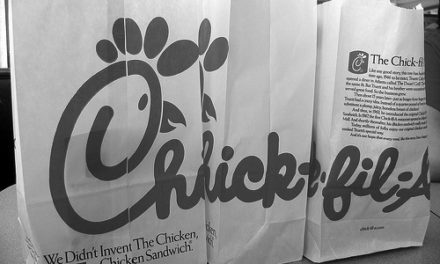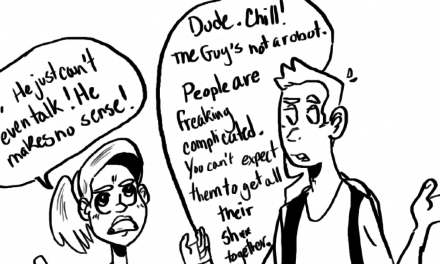Chick-fil-A is being replaced in Cox Hall, Emory officials say, due to the chicken sandwich’s lack of popularity on campus. At the end of last semester, the University gave Food Advisory Committee Emory (FACE) the ability to replace anything in Cox Hall during the spring through a process involving student feedback. FACE used surveys to help them pinpoint what, exactly, students would like to see in the Cox Hall food court. Ultimately, FACE, Food Service Administration (FSA) and Campus Life officials stressed that the elimination of Chick-fil-A was not politically motivated but was simply the result of student feedback, which indicated that students do not enjoy the food Chick-fil-A serves.
Last semester, there was extreme controversy that erupted on campus after Chick-fil-A President and COO Dan Cathy publicly stated his opposition to gay marriage during the summer and acknowledged that Chick-fil-A has donated money to anti-gay organizations. Members of the Lesbian, Gay, Bisexual and Transgender (LGBT) community formed a committee last fall with the aim of removing Chick-fil-A, which was followed by a protest on Asbury Circle and a Student Government Association (SGA) resolution calling for the restaurant chain’s removal from Cox.
While the University has said Chick-fil-A’s removal was not the direct result of the LGBT opposition, we at the Wheel applaud FACE for its ability to reevaluate Cox Hall through student input and cater to the “tastes” of students. Regardless of the University’s reasoning, we also find it important to acknowledge the LGBT community’s efforts throughout the past year, as we detailed in a staff editorial and news story last semester.
Some individuals on campus are saying they believe the decision was probably politically motivated – an idea that the University has repeatedly denied. Regardless of whether or not this was a politically charged decision, we are glad that Chick-fil-A will no longer exist on campus given its history.
Several students have been arguing that FACE was used as a vessel to get rid of Chick-fil-A. While we don’t know if this was indeed the case, we are glad that FACE was an instrument used to reevaluate certain food choices in Cox in general. We are, nonetheless, disappointed that the University did not wish to eliminate Chick-fil-A for its anti-gay sentiments, especially given the fact that many members of the LGBT community felt uncomfortable and offended by its presence.
We understand the process undertaken was complex. However, it is difficult to determine how influential the survey actually was in making the final decision, given that David Furhman, the senior director of Emory’s Food Service Administration, did not respond to a request to provide the Wheel with the survey data. In general, as members of the Emory community, we wish the parties involved had been more transparent in the process. For example, only students who attended the FACE meetings had an opportunity to complete the survey, but we feel the survey should have been distributed in a student-wide email, for example.
Regardless, the end goal of all groups who wanted Chick-Fil-A kicked off campus was met. Whether students were purchasing food from Chick-Fil-A less frequently because they really truly did not enjoy the food or because of the political controversy surrounding it is, at the end of the day, not as important as Chick-fil-A’s removal itself. The distinction is irrelevant given the fact that Chick-fil-A will be gone appeases both of these groups of people. Low interest is low interest.
The above staff editorial represents the majority opinion of the Wheel‘s editorial board.
The Emory Wheel was founded in 1919 and is currently the only independent, student-run newspaper of Emory University. The Wheel publishes weekly on Wednesdays during the academic year, except during University holidays and scheduled publication intermissions.
The Wheel is financially and editorially independent from the University. All of its content is generated by the Wheel’s more than 100 student staff members and contributing writers, and its printing costs are covered by profits from self-generated advertising sales.







“did not respond to a request to provide the Wheel with the survey data.”
Release the data!
yup- couldn’t be happier to see them outta there. Emory is *hurting* on myriad social issues, at least we have one success story.